PLURIVERSALE VII: Stealing from the West

PLURIVERSALE VII: Stealing from the West
10 September 2017
Closes: 10 December 2017
Cultural appropriation has recently become the subject of heated debate. What was considered a post-modern device of playful cultural translation is suddenly revealed in its frightening political-economic dimension of exploitation and profit, occasioning a fundamental rethink of what is ethical and what is not.
The Academy of the Arts of the World wants to turn to a side of this story often overshadowed by those recent discussions: the strategy of cultural counter-appropriation used by the underprivileged, in postcolonial Africa or in the Europe of migrants, as well as by those on the margins of Europe in the former socialist world. The thieves, counterfeiters, and resistant appropriators in Stealing from the West show that shoplifting and faking the glossy products of capitalist consumer culture is not necessarily proof of belatedness. Instead, it is a potent tool of cultural resistance and an instrument of postcolonial retaliation, a strategy to demonstrate that all-white “high culture,” paid for by the lives of millions of slaves and colonial subjects, belongs to all.
The season starts on September 20 with the group exhibition Stealing from the West curated by Ekaterina Degot with works by Yuri Albert, Kader Attia, Lawrence Abu Hamdan, Younes Baba-Ali, Ines Doujak, Tom Gould, Ramon Haze, Uriel Orlow, Gosha Rubchinskij, and Ulay. It combines examples of artistic and non-artistic daredevil shoplifting, brand counterfeiting, and looting. Consumerism is radicalized through theft; appropriation becomes a conscious artistic strategy for the disenfranchised and the marginalized; it mimics the oppressing power and claims the right to its aesthetics and technologies in an instinctive attempt of the dispossessed to regain their freedom. On occasion of the exhibition’s opening, John Barker and Ines Doujak present a newly developed double-act performance.
The season continues on September 29 when artist Clara Balaguer and media theorist Florian Cramer meet at Stadtgarten music club to discuss the blind spots of cultural appropriation to power in respect to copyleft and collaborative social practices in a postcolonial world. Their discussion is followed by a surreal fashion-concert by Kefa Oiro and StephanieThiersch’s Jitta Collective on the re- and upcycling of culture between Africa and Europe.
In cooperation with Film Cologne, a special film program running from October 1 to 5 in Filmclub 813 features classics of postcolonial cinema in their relation to the imaginary “West”—either appropriating Hollywood genres, as in Moustapha Alassane’s African take on the cowboy Western (Le retour d’un aventurier, 1966), or declaring an ambivalent “love of the West,” as in Kidlat Tahimik’s Perfumed Nightmare, 1979. These films are confronted with new works by artists and filmmakers Gym Lumbera, Jan Peter Hammer and Louis Henderson on appropriation, theft, recycling and recovery.
In a special lecture at studiobuehne on October 14, artist and Academy-member Kader Attia reflects upon the strategy of cultural appropriation as a resistance to colonialism. On the same evening, writer Hari Kunzru reads from his new novel White Tears on the appropriation of blues music. The night concludes with a concert by Filastine & Nova with their new project Draptomania.
On October 27 at Alte Feuerwache, a panel discussion presents the Academy’s new long-term international research project, Perverse Decolonization, initiated by Ekaterina Degot and David Riff. Its international group of researchers attempts a self-critical view of decolonizing theory and practice, in a situation where its “know-how” has been appropriated by reactionary forces all over the world. On the same day, a screening of NaeemMohaiemen’s film Two Meetings and One Funeral (2017) looks at the drastic historical moment of non-aligned movement’s degeneration and collapse in the 1970s. It is followed by a keynote lecture with New York-based sociologist Vivek Chibber.
Further highlights of the season include theater productions by directors Rabih Mroué (Rima Kamel, October 12), who traces the fate of a child singer and her role in the construction of a Lebanese national identity, and Milo Rau (Compassion, December 2), whose semi-documentary double-monologue looks at the contradictions of a supposed Western generosity with the misery it helps to tolerate.
The long-term research project Perverse Decolonization is funded by the German Federal Cultural Foundation.
.
PLURIVERSALE VII participants:Yuri Albert, Kader Attia, Lawrence Abu Hamdan, Younes Baba-Ali, Clara Balaguer, John Barker, Vivek Chibber, Florian Cramer, Ines Doujak, Filastine & Nova, Tom Gould, Jan Peter Hammer, Ramon Haze, Louis Henderson, The Jitta Collective (Stephanie Thiersch & Kefa Oiro), Hari Kunzru, Gym Lumbera, Naeem Mohaiemen, Rabih Mroué, Uriel Orlow, Milo Rau, Gosha Rubchinskij, and Ulay
PLURIVERSALE VII is curated by Ekaterina Degot, David Riff, Aneta Rostkowska, and the whole team of the Academy of the Arts of the World.
.
View more from

Beyond Representation
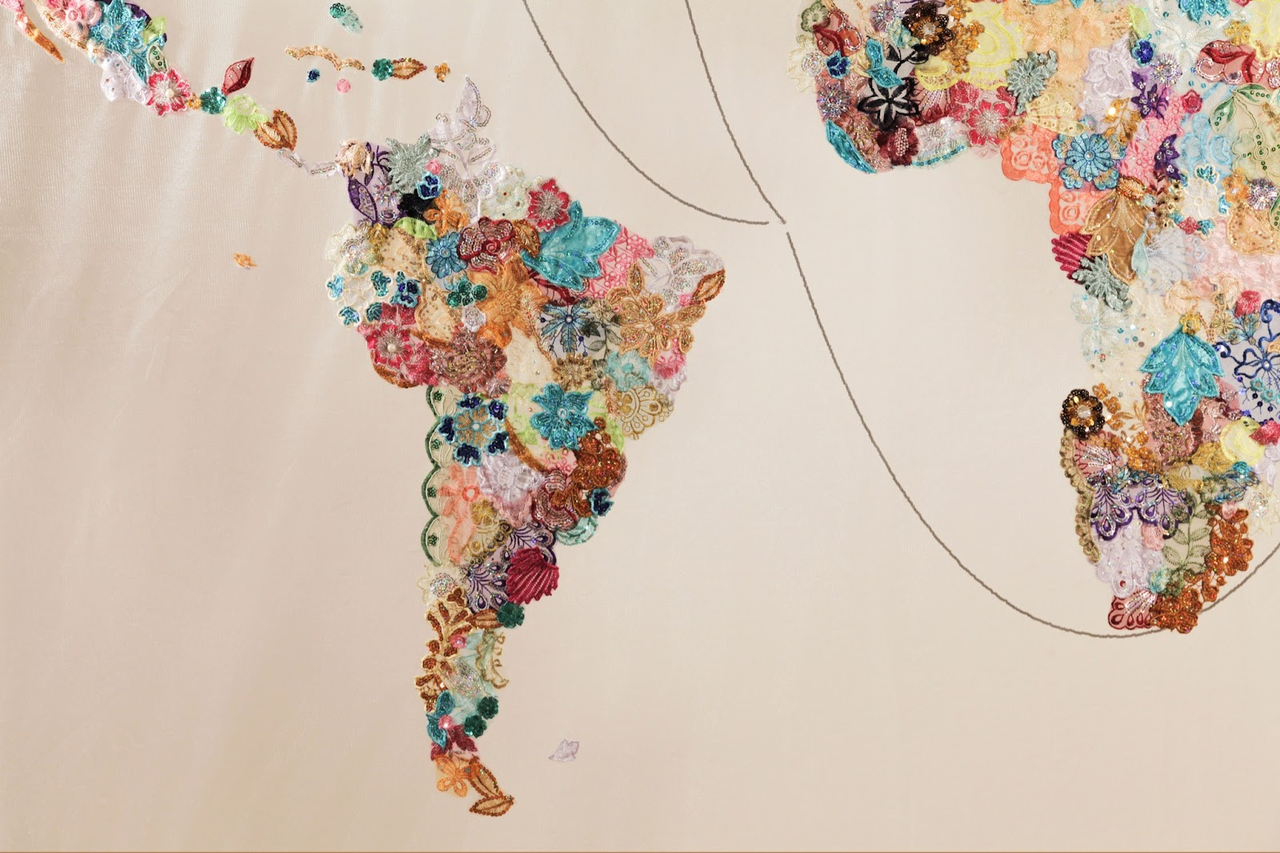
Tierras reimaginadas: migración
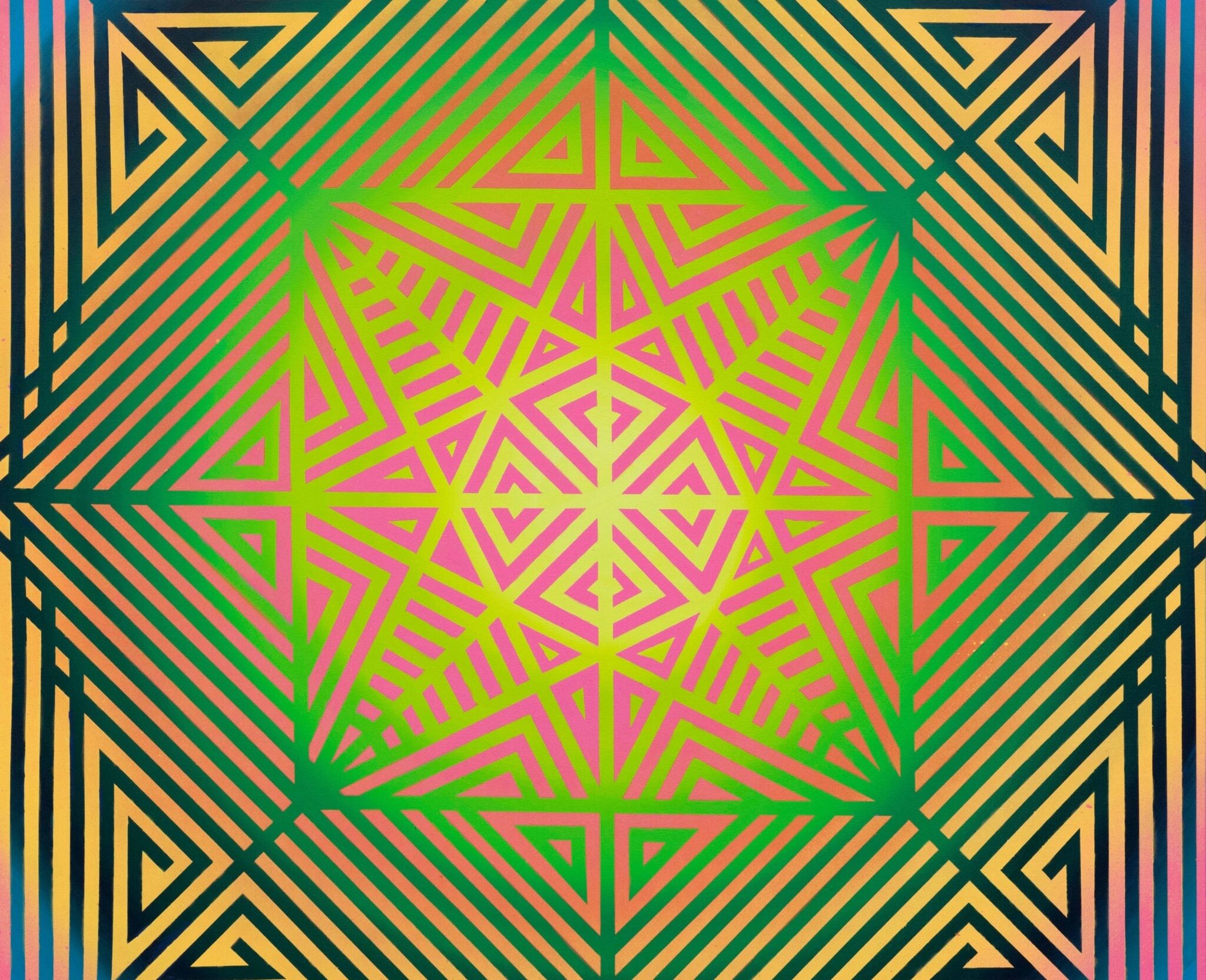
Jangueando: Recent Acquisitions
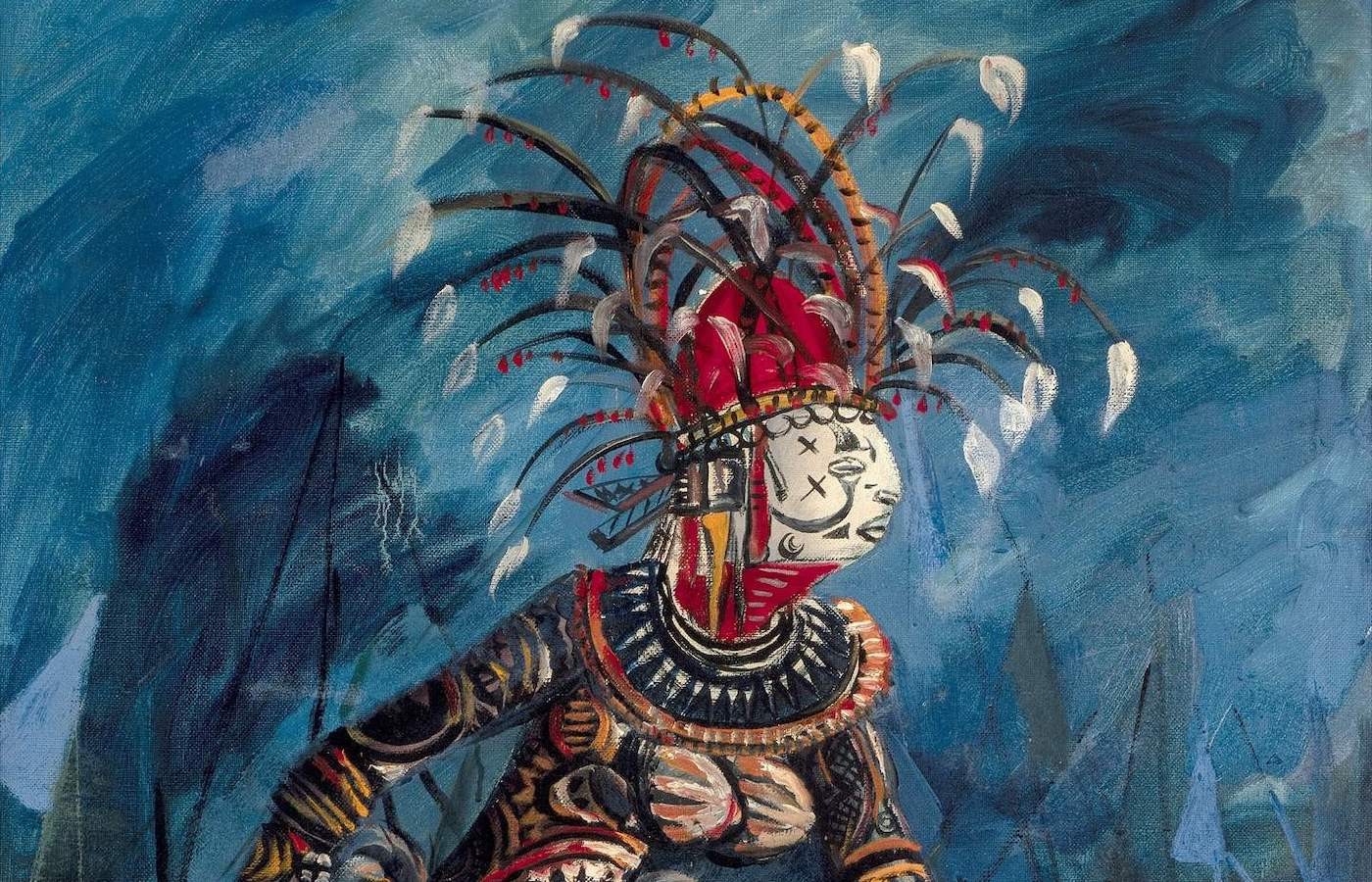
Nigerian Modernism – Group Show
Oct 8, 2025–May 10, 2026
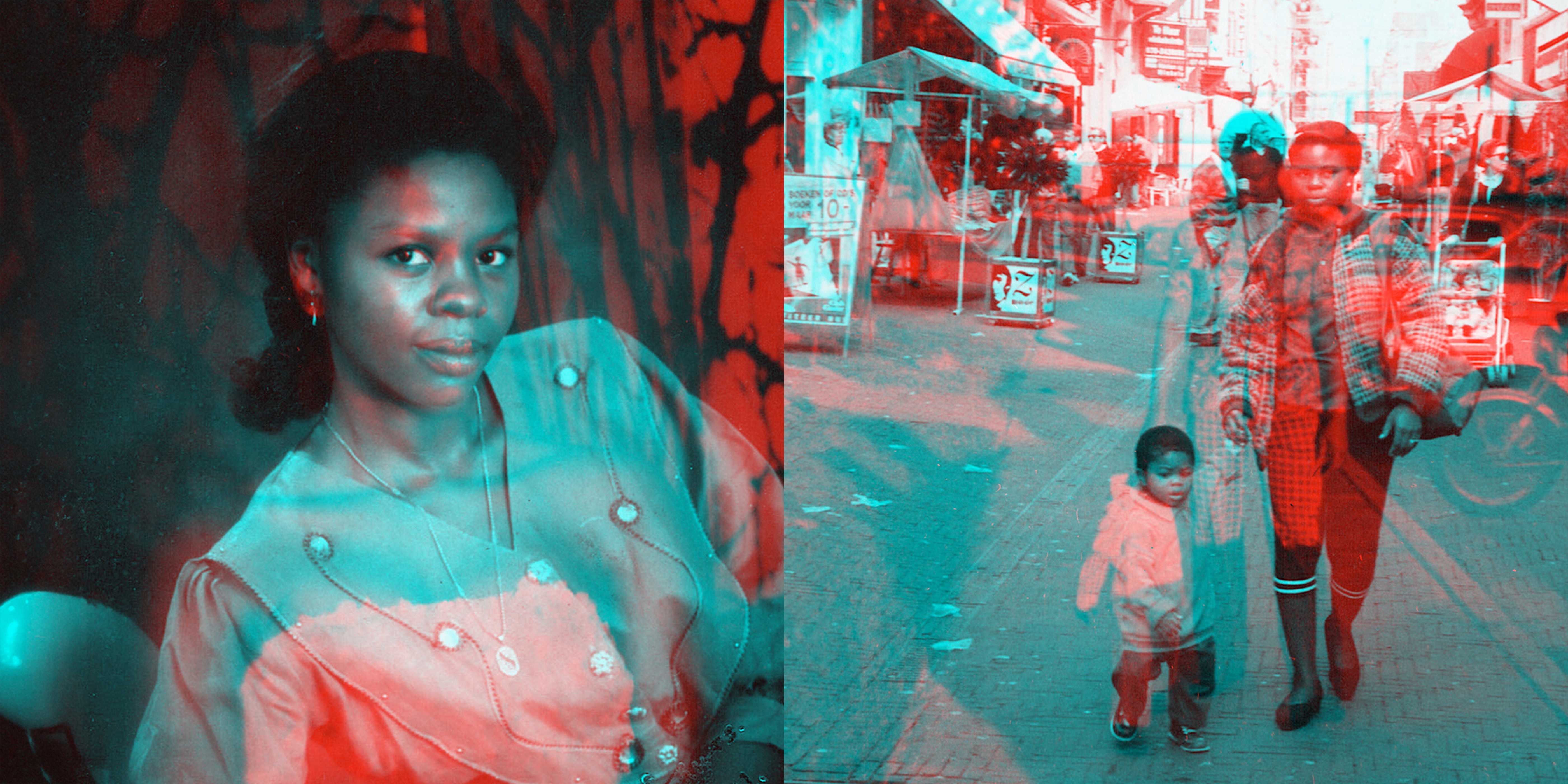
Zainab Aliyu: A litany for past suns
Feb 4–Apr 2, 2026
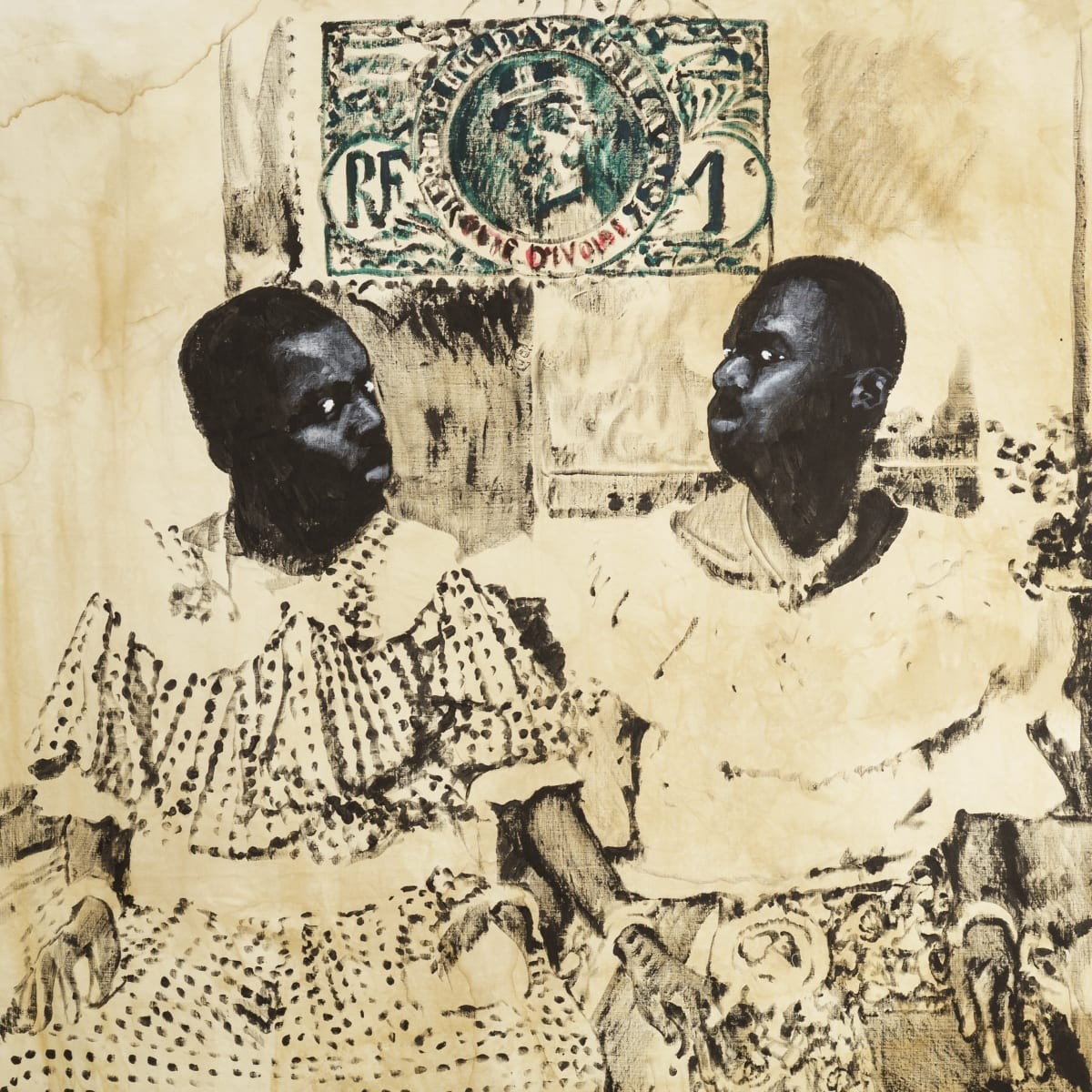
Roméo Mivekannin: Correspondances
Oct 2, 2025–Mar 21, 2026